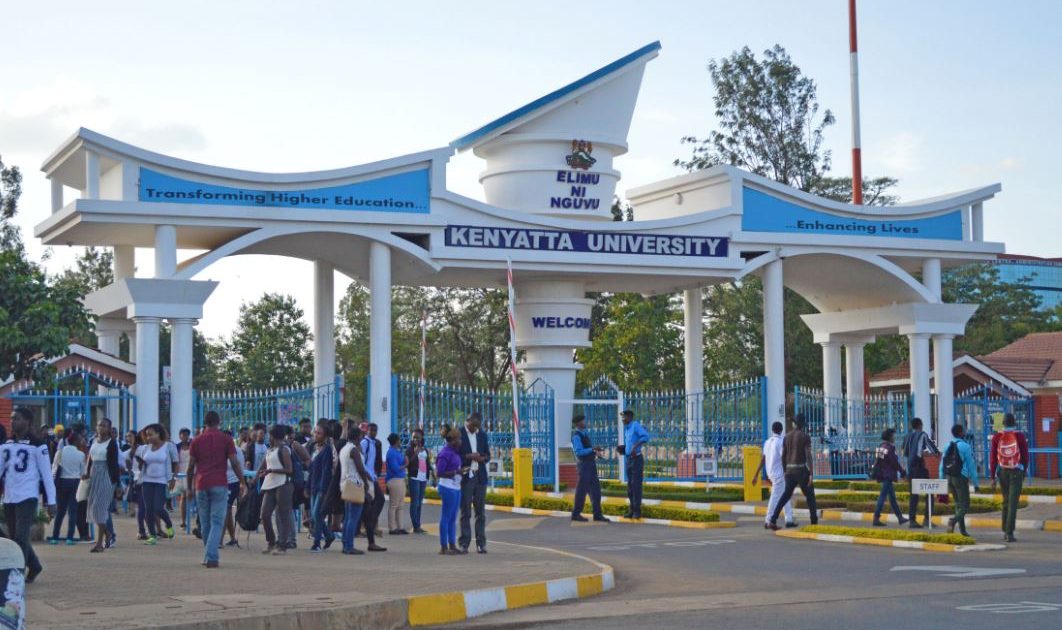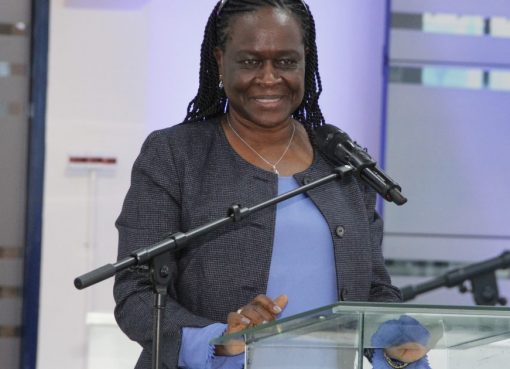The government will now fund individual students in the newly unveiled funding model for universities and Technical and Vocational Education and Training (TVET) institutions which is said to be student-centred and quality-driven.
Kenya University and College Central Placement Services (KUCCPS) Chief Executive Dr. Officer Mercy Wahome said the new funding regime aims at enhancing equality, fairness and transparency in apportioning government scholarships and loans to those seeking University and college admissions.
While voicing the government’s commitment to safeguarding the quality of programmes and courses being offered at the institutions of higher learning, Dr Wahome indicated that the funding model was crafted to address the uniform and inequitable capitation witnessed under the differentiated unit cost (DUC) model, where the rich and the poor students received the same amount.
Unlike what has been the case, Dr Wahome explained that the universities and TVETs will no longer receive block funding in form of capitation based on the DUC whose sustainability had been a struggle following dipping in funding ratios from the government.
Instead, she added that the government resolved that university funding shall be apportioned to individual students according to their level of need.
According to the Universities Fund CEO Geoffrey Monari, the new funding formulae seeks to offer students whose households are at the bottom of the pyramid equal opportunity in accessing university education and technical and vocational education and training (TVET).
Under the new funding model, the government will fully fund the vulnerable students who include those living with disabilities where they will receive 80 per cent scholarships and 20 per cent loans.
The neediest students will receive 70 per cent scholarships and 30 per cent loans. The third category of needy students will receive 50 per cent scholarships, 30 per cent loans and 20 per cent of their fees will be met by their families. The last category of the less needy students will receive 32 per cent scholarships, 48 per cent loans while their households will pay the remaining 20 per cent of the fees.
Speaking in Naivasha during a media engagement workshop, the KUCCPS boss said students whose households are at the bottom of the pyramid shall enjoy equal opportunity in accessing university and Tvet education where their households shall not make any contribution towards the education of their children.
State Department for Basic Education Principal Secretary Belio Kipsang last week said the new funding regime will be based on four criteria, choice of the programme, household income band, affirmative performance and government priority areas.
To facilitate the implementation of the new framework, Dr Kipsang disclosed that the government had increased funding for university education to Sh84.6 billion from Sh54 billion allocated in the financial year starting July as loans and grants.
This he added translated to an allocation increase per student from Sh152,000 to Sh208,000. The budgetary allocation for Tvets will in the coming financial year increase from Sh5.2 billion to Sh10 billion, translating to Sh67,000 per year per trainee, he said.
On May 3rd, President William Ruto announced the new funding model and clarified that it will not raise the fees for the students.
“All students shall be supported adequately to meet the cost of the programme they choose to pursue. No student will ever be left behind,” President Ruto assured after unveiling the new model.
The announcement opened doors for the process of admitting the 2022 KCSE candidates whose fate has been in limbo awaiting the resolution of the funding model.
About 92,350 students (29 per cent) who will join universities and Tvet institutions this year have been identified as vulnerable and extremely needy and will receive full government support in terms of scholarships, loans and bursaries.
The new model of funding higher education, to be implemented effective this academic year 2023/2024, will commence with the new cohort of 173,127 students joining universities and 145,325 joining Tvets.
All continuing government-sponsored students will be supported in line with the previous existing (DUC) funding model.
By Esther Mwangi





